During 45 days of driving across the country, Minh's family passed through 22 provinces and cities, sleeping 35 nights in tents to live in the middle of nature.
After a year of careful research and planning, on August 16, the family of Nguyen Ngoc Minh (28 years old, Soc Trang) began a trip from the South to the North by pickup truck. The trip lasted until October 9 with a total distance of nearly 9,000 km.
Unlike previous long trips, this time, he decided not to rent a room but to spend the night camping on his own. He, his wife and daughter spent 35 days sleeping in tents and 10 days staying at homestays and hotels due to some objective factors.
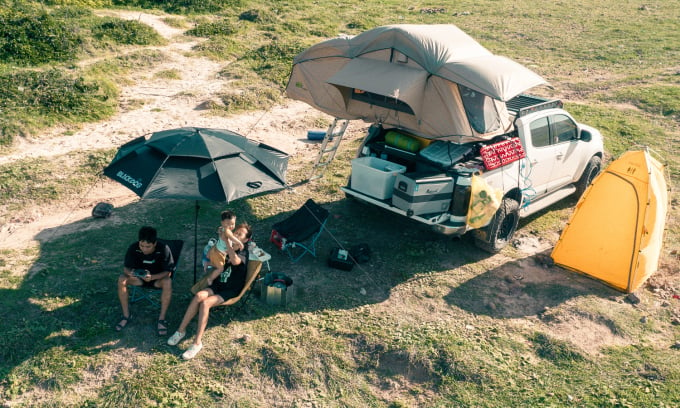
Minh's family camped at Mui Yen (Phu Yen) during the trip.
The reason Mr. Minh made this trip was for his 18-month-old daughter. He wanted his daughter to adapt to different types of weather, increase her resistance, and gradually get used to the outside world during the stage of forming her thinking and personality (under 6 years old).
Minh's original plan was to travel from South to North. On the journey, he accidentally met some friends with the same passion, so they joined a group to travel together for more than a month. The journey started from Can Tho City, where he lives and works, through Ho Chi Minh City, the Central provinces to Hanoi, and then moved to the Northern mountainous provinces.
Minh chose provinces and cities that he had not visited or had not had much experience with in previous trips. "If we could not find a place to camp or it was too late, we would rent a room," he said. Normally, the stay in each province is one day and one night, but in some northern mountainous provinces such as Ha Giang, Yen Bai, Cao Bang, he spent about 2-3 days to admire the golden season scenery on the terraced fields.
In each place, he chose wild, natural locations with beautiful scenery to camp overnight such as: Cu Lao Mai Nha (Phu Yen); Hai Van Pass (Da Nang); Khau Pha Pass, Mu Cang Chai (Yen Bai); Suoi Thau grassland, Phung village, Hoang Su Phi, Chieu Lau Thi peak (Ha Giang); Co La waterfall, Mat Than mountain (Cao Bang) and two days of traveling to China through Mong Cai border gate (Quang Ninh).
Because he lives and works in the South, the majestic natural scenery in the northern mountainous provinces left a strong impression on Minh's family. More specifically, his family arrived during the buckwheat flower season in Suoi Thau grassland and the rice harvest season in Hoang Su Phi and Mu Cang Chai. Sleeping among the majestic but equally poetic mountains and hills, sometimes waking up to the sunrise on the sea, sometimes to the sea of clouds and white fog in front of us. "Witnessing those moments makes me even more eager to go to more places and see more beautiful scenery," Minh said.
The place that impressed him the most was Hang Tau, also known as the primitive village in Moc Chau. On the green grass are herds of buffalo, cows, chickens and pigs grazing freely, the wooden houses of the H'Mong people form isolated clusters, surrounded by mountains and forests and separated from the outside world. There is no electricity, no internet or phone signal here. "The traditional, self-sufficient lifestyle brings a slow and peaceful feeling, very different from the life I have been used to for over 20 years," he said.
Having been introduced to short-term camping by her parents since she was 3 months old, Minh's daughter not only adapted easily but also expressed her excitement when going to different locations. Experience to help the baby feel comfortable on each trip is to equip an additional child seat in the car, fully prepare necessary items such as warm clothes, powdered milk, nutritious porridge and diapers. Training the baby to eat solid food early is also a way for parents to reduce worries and burdens, and comfortably let their children go camping for long days, Minh shared.
Previously, Minh had traveled across Vietnam by motorbike twice but stayed overnight at homestays or hotels. Compared to traveling by motorbike, traveling by car combined with camping has some advantages. Minh uses a 4x4 pickup truck, which helps save fuel; saves on accommodation costs if traveling for a long time; can carry a lot of luggage and belongings; makes it easy to bring family, especially children. However, the disadvantages of this form of traveling are that it costs a lot of money to buy camping equipment at first, is limited in location (if the road is small, cars cannot enter) and repairing the vehicle when there is a problem is also more difficult than with a motorbike.
During the trip, his family spent an average of about one million VND per day. But before that, he had to prepare some equipment for daily life such as a generator, water storage tank, ingredients and cooking utensils; a refrigerator and some camping items such as a roof tent, tables, chairs, and sleeping bags.
"This trip will be the premise for future journeys with many valuable experiences," said Mr. Minh. At the same time, he hopes that his sharing will motivate tourists who want to go camping with their families and strengthen their relationships. In the future, he is preparing a plan for a trip across Europe by mobihome (a car designed and equipped as a mobile home) to admire more beautiful landscapes in the world with his wife and daughter.
Quynh Mai
Photo: Nguyen Ngoc Minh
Source link


![[Photo] 2nd Conference of the Party Executive Committee of Central Party Agencies](https://vstatic.vietnam.vn/vietnam/resource/IMAGE/2025/3/31/8f85b88962b34701ac511682b09b1e0d)
![[Photo] General Secretary To Lam receives US Ambassador to Vietnam Marc E. Knapper](https://vstatic.vietnam.vn/vietnam/resource/IMAGE/2025/3/31/5ee45ded5fd548a685618a0b67c42970)
![[Photo] Prime Minister Pham Minh Chinh receives delegation of leaders of US universities](https://vstatic.vietnam.vn/vietnam/resource/IMAGE/2025/3/31/8be7f6be90624512b385fd1690124eaa)

![[Photo] Speeding up construction of Ring Road 3 and Bien Hoa-Vung Tau Expressway](https://vstatic.vietnam.vn/vietnam/resource/IMAGE/2025/3/31/f1431fbe7d604caba041f84a718ccef7)



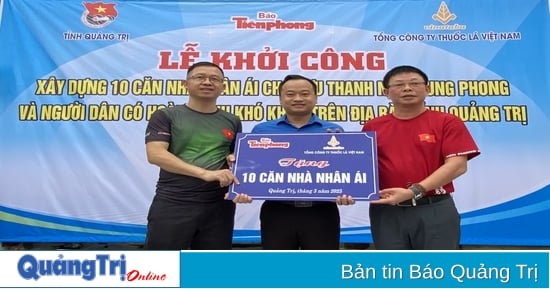

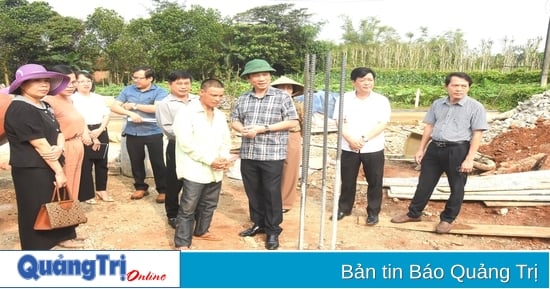
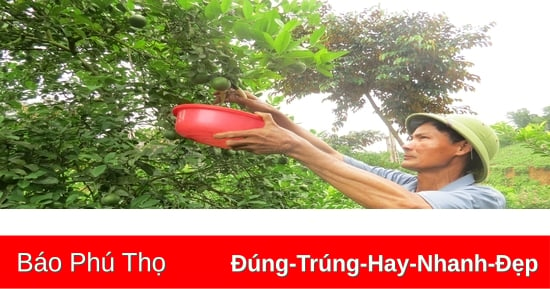

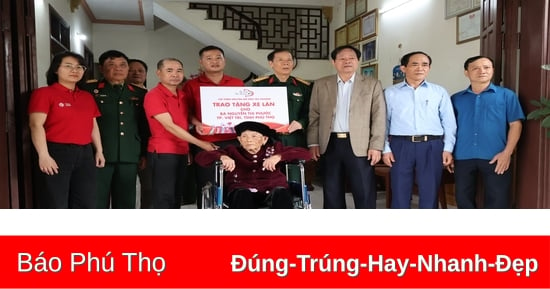
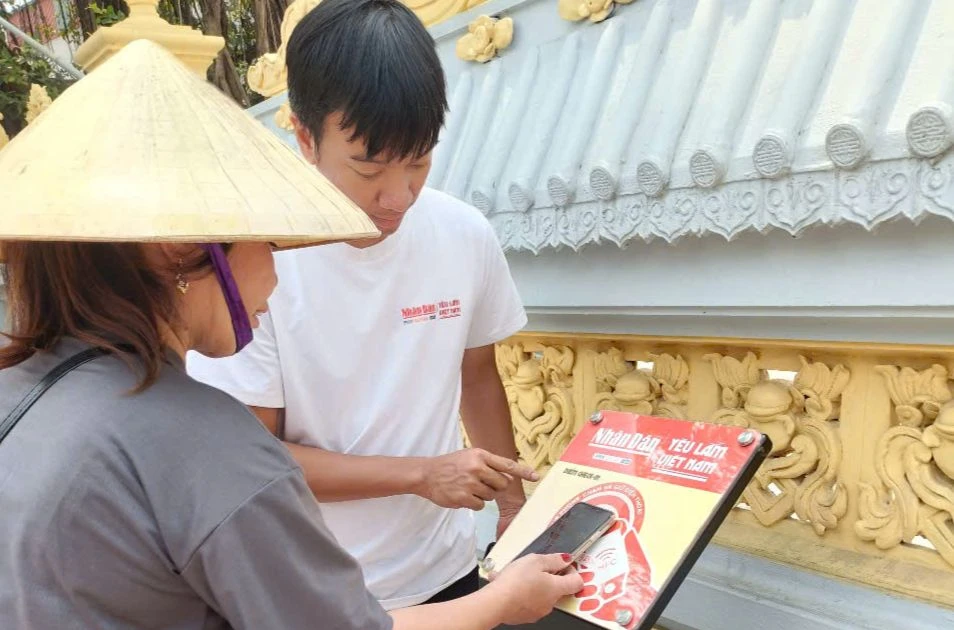

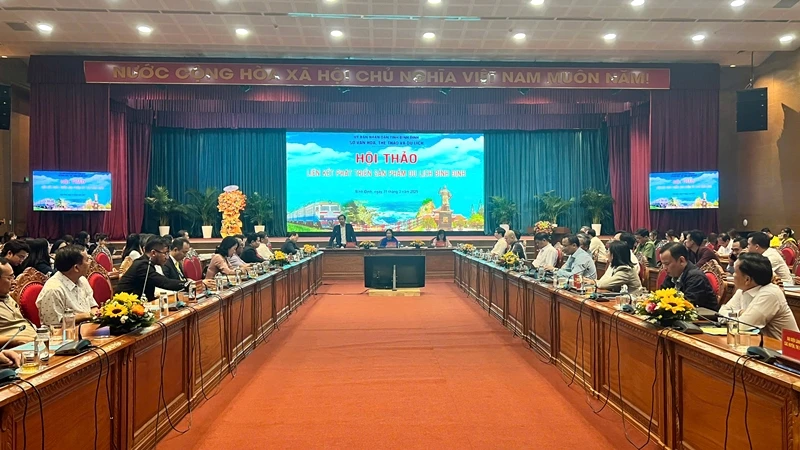
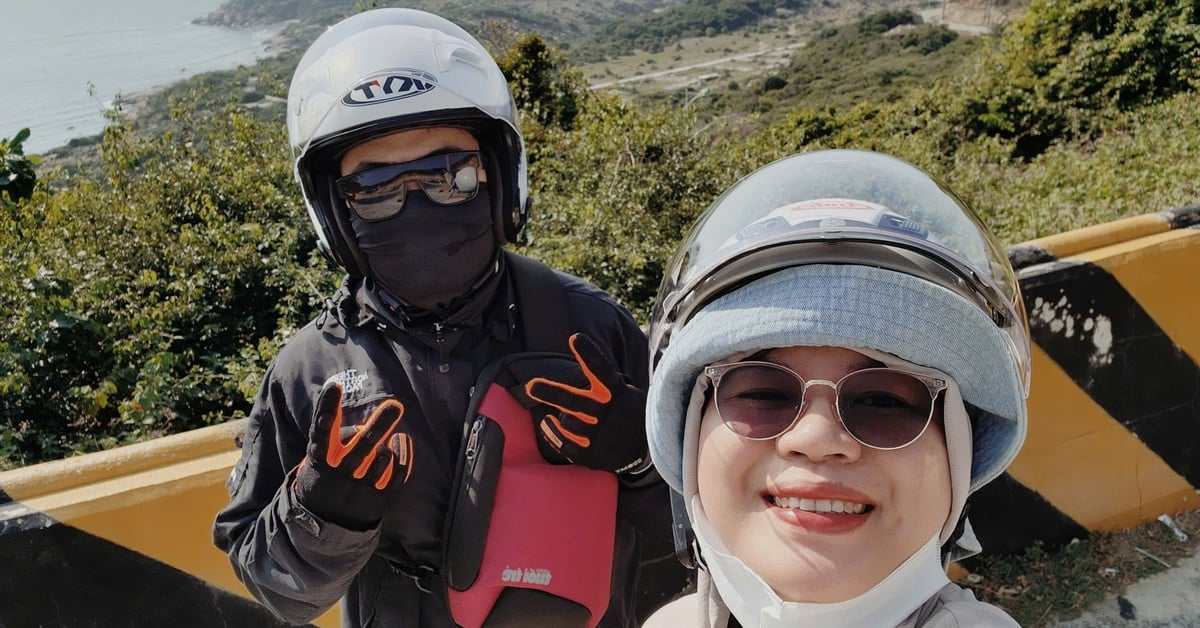
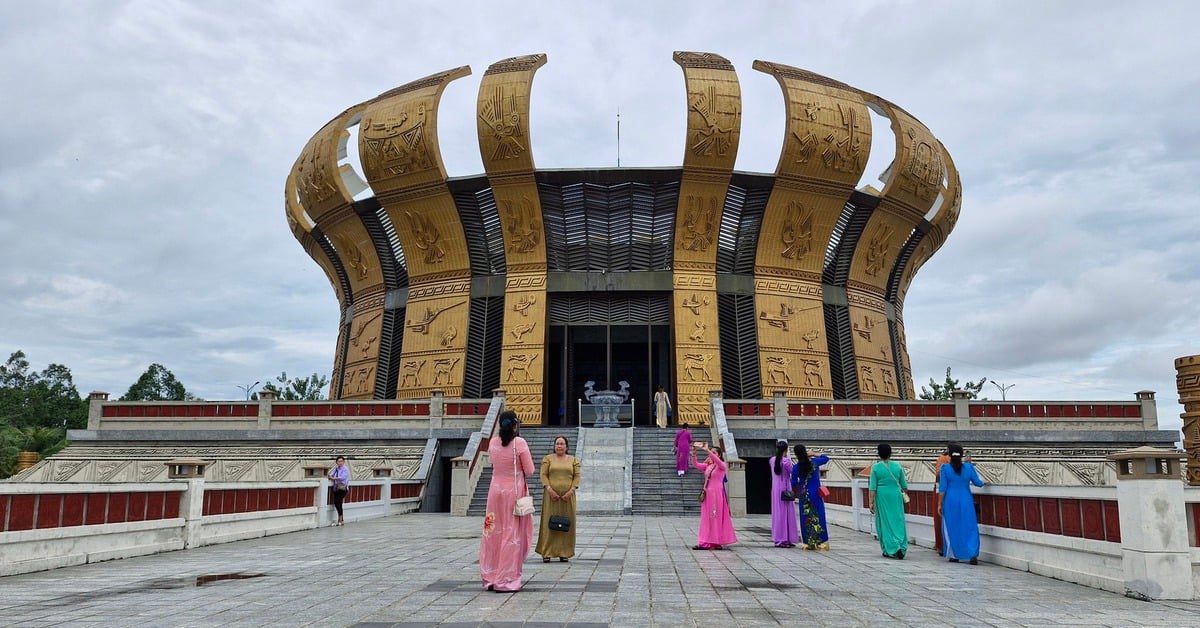
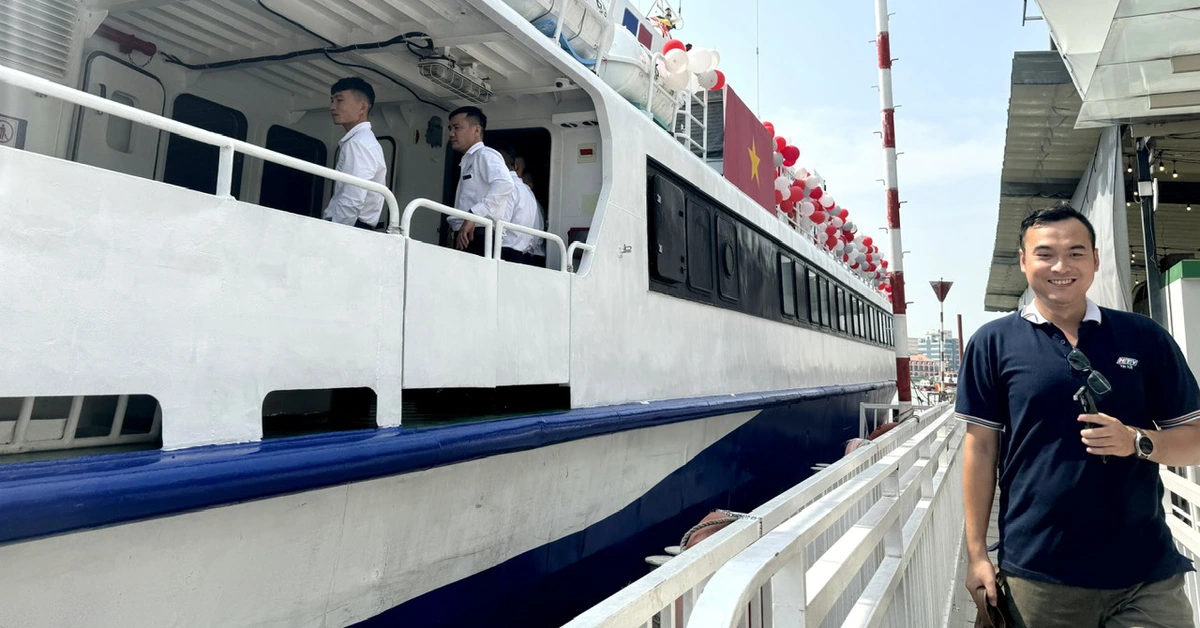










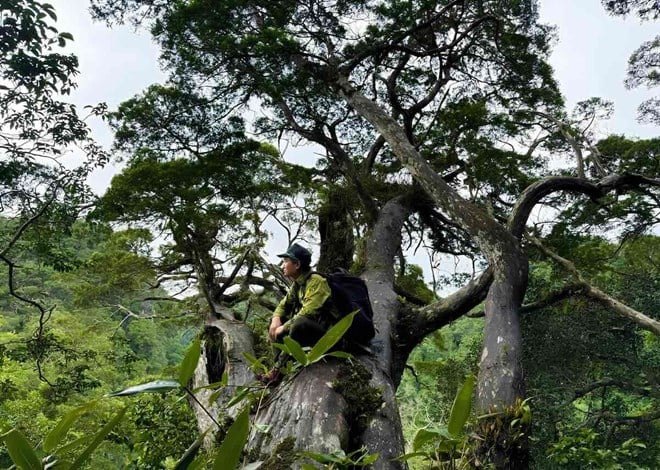











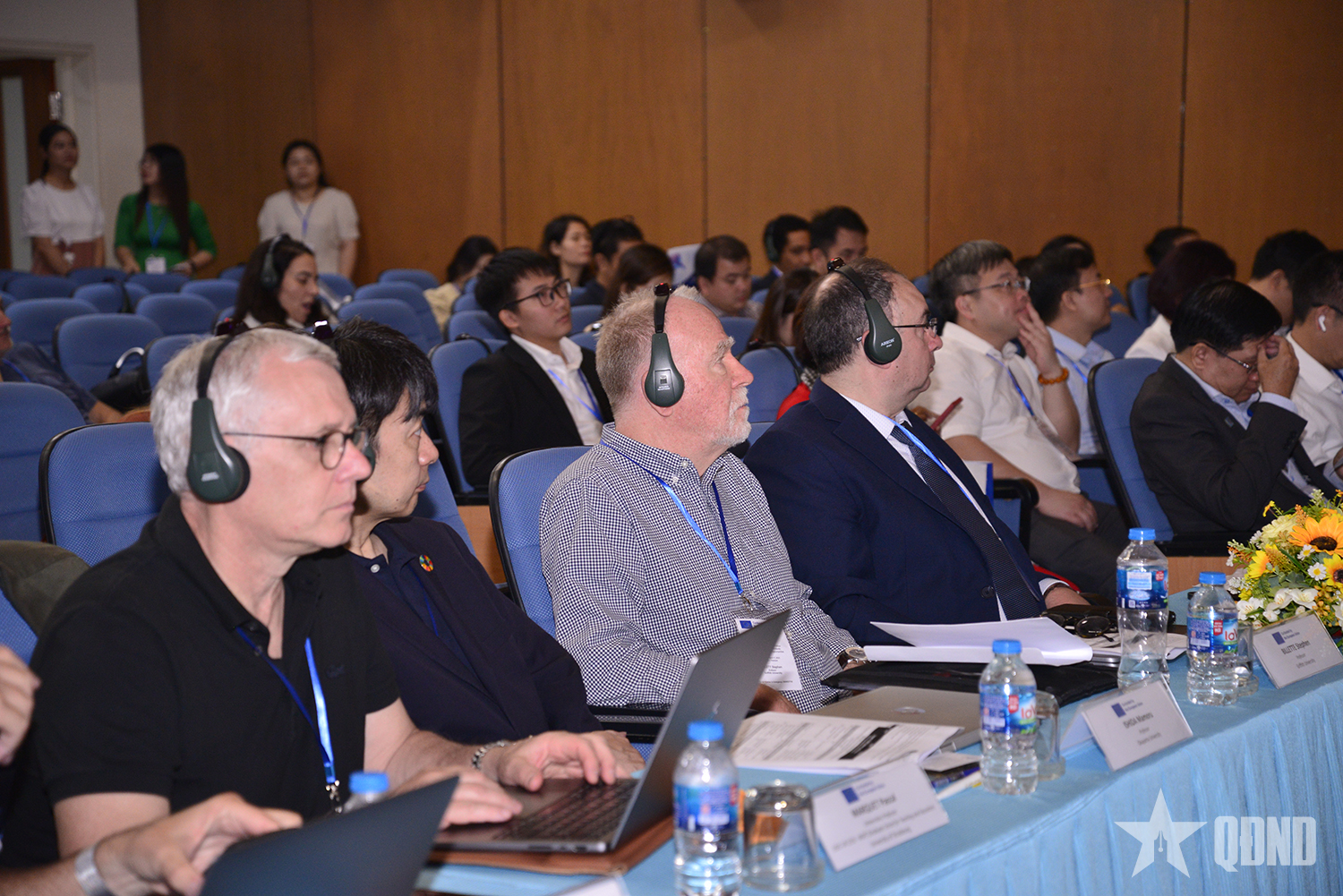




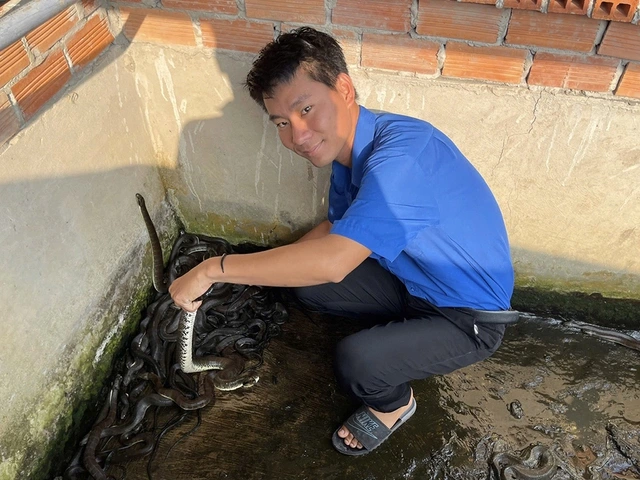















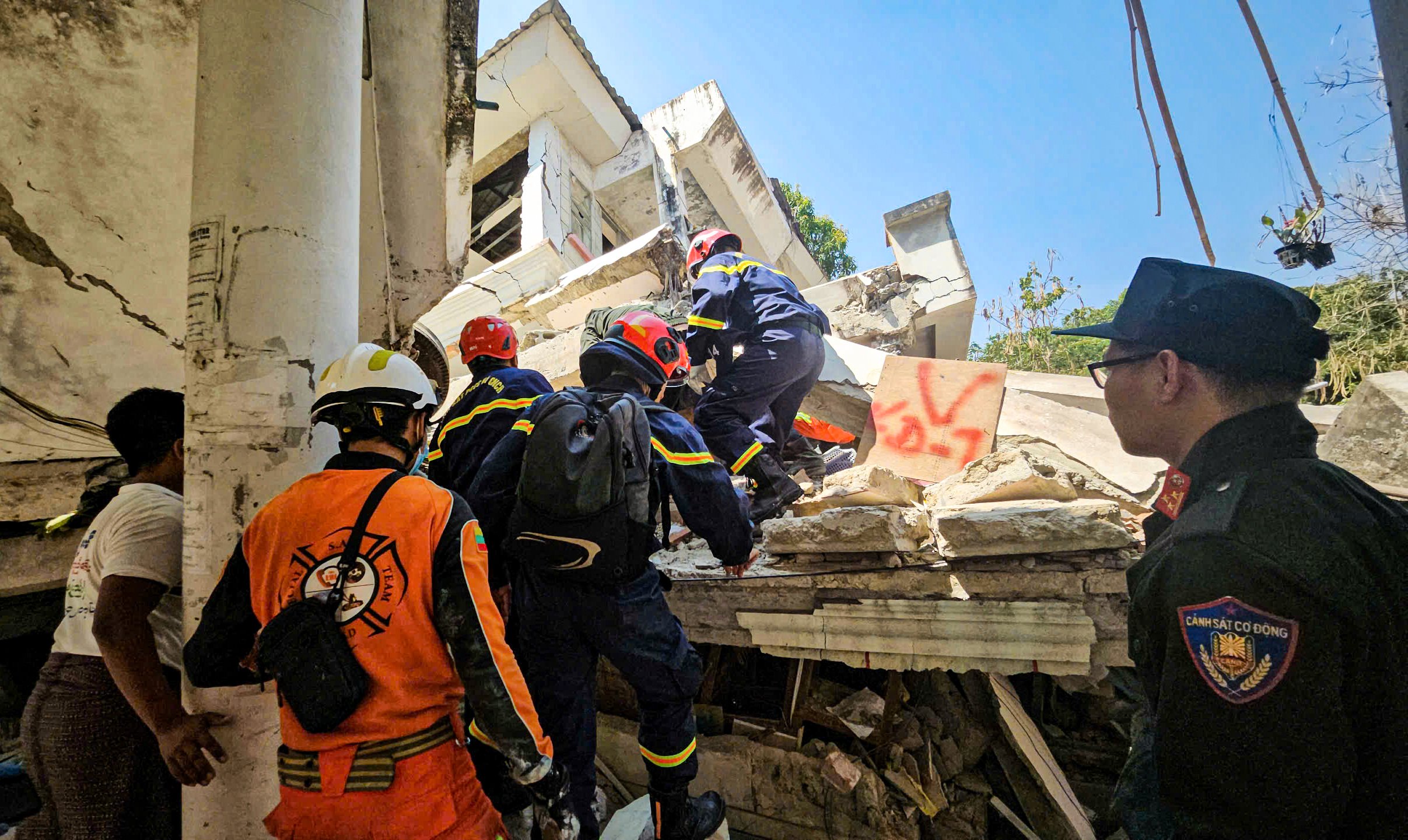

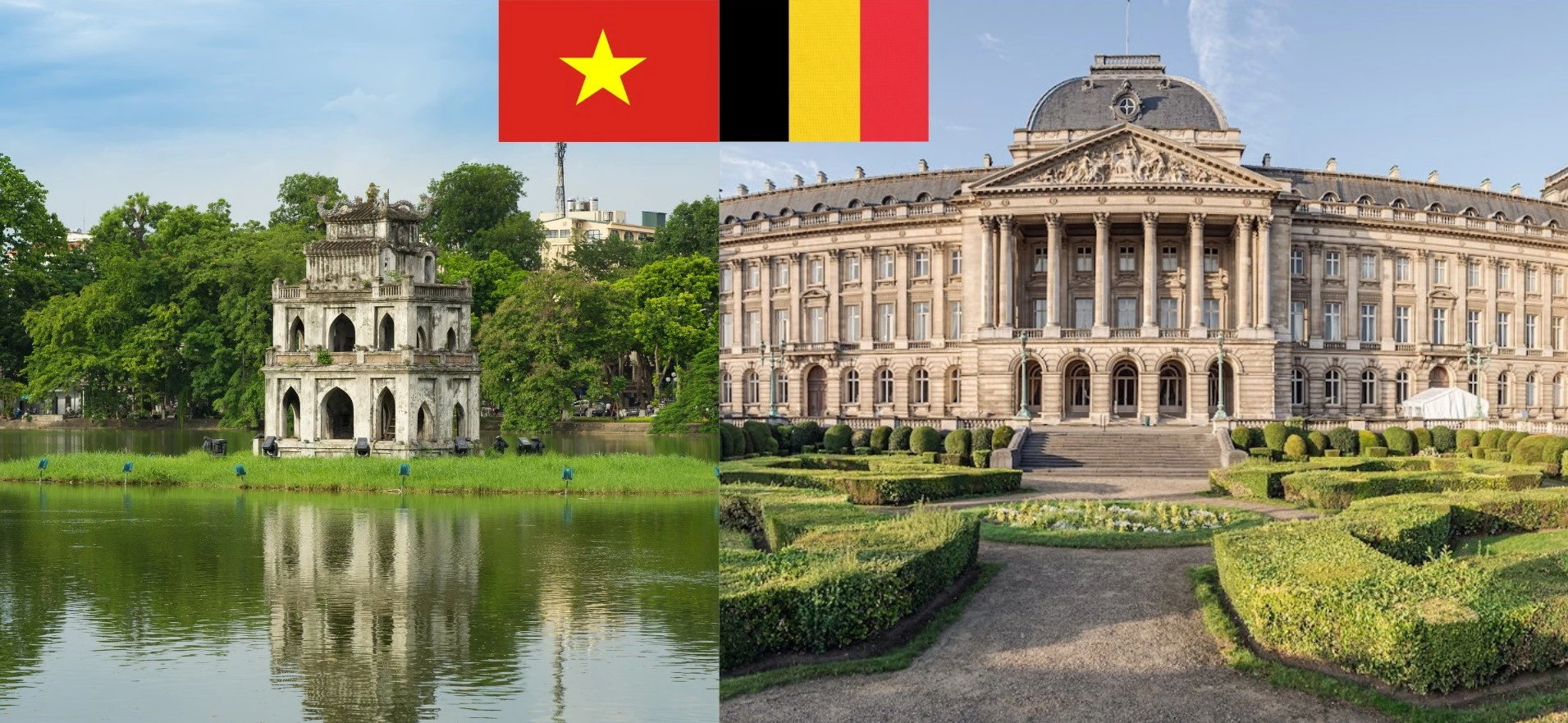




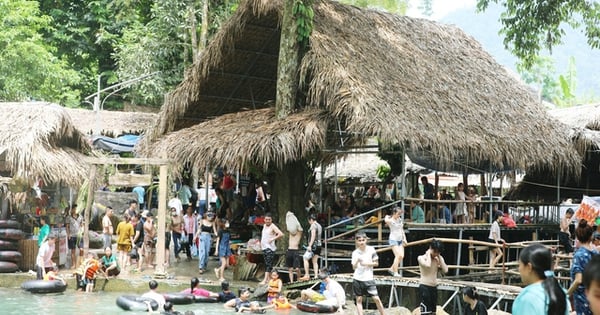

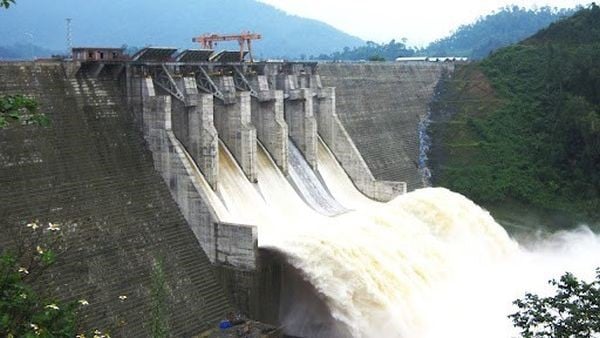


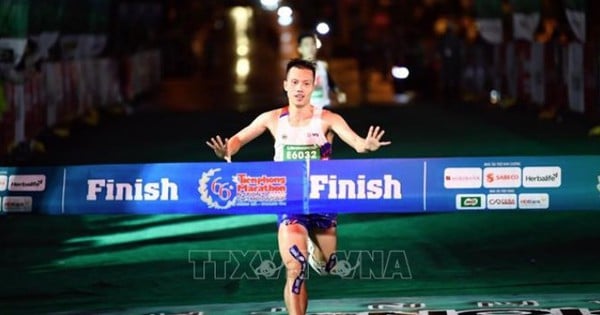


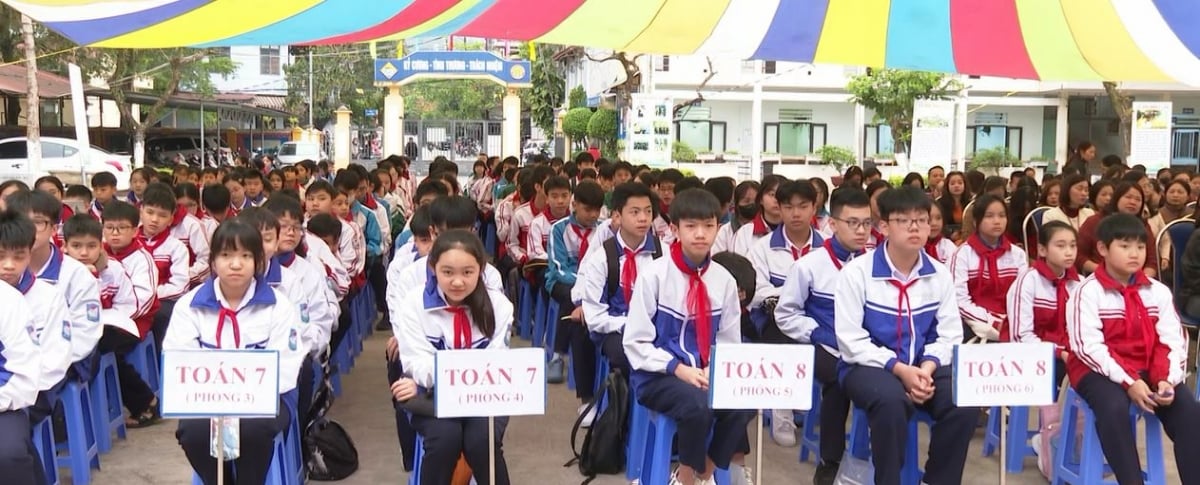

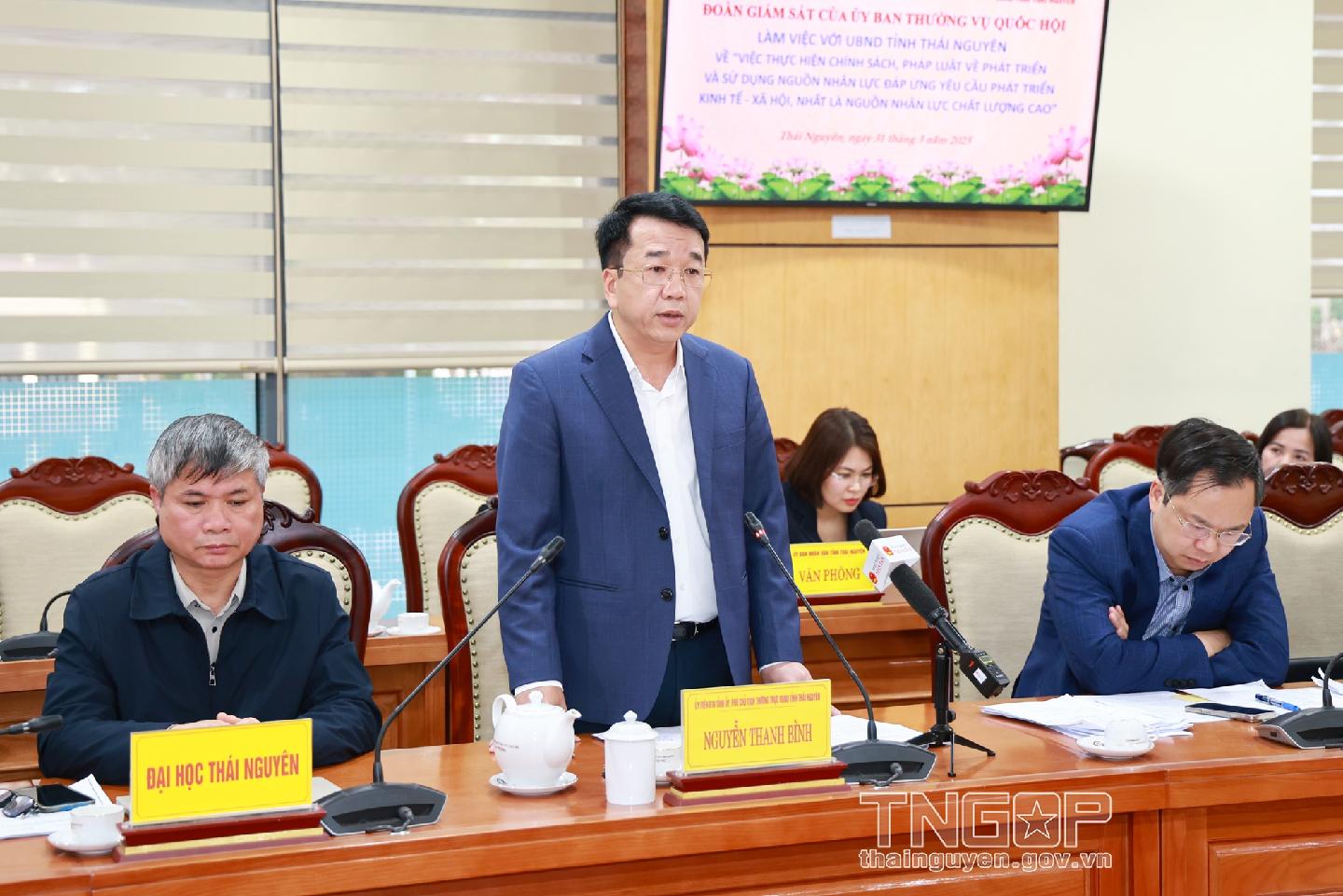
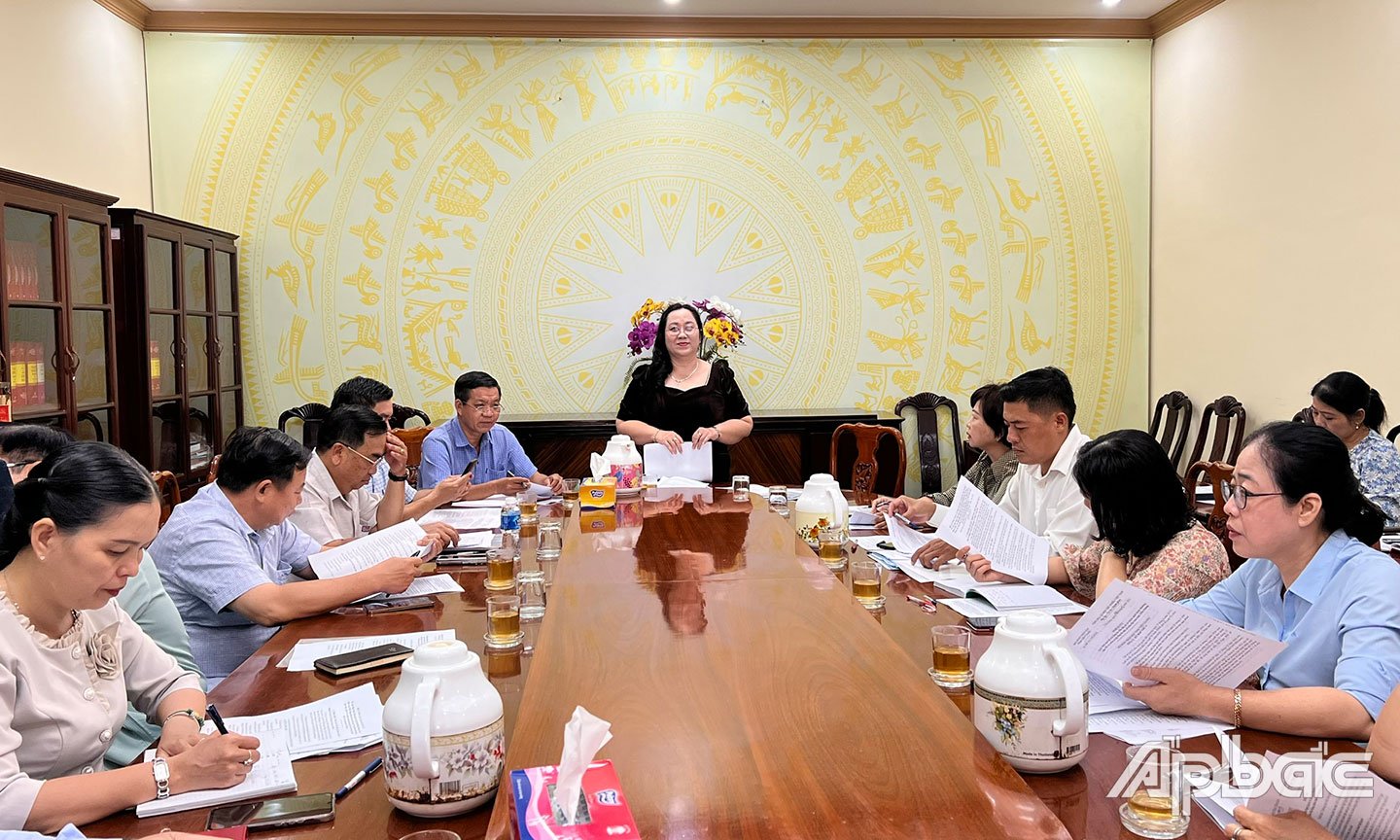

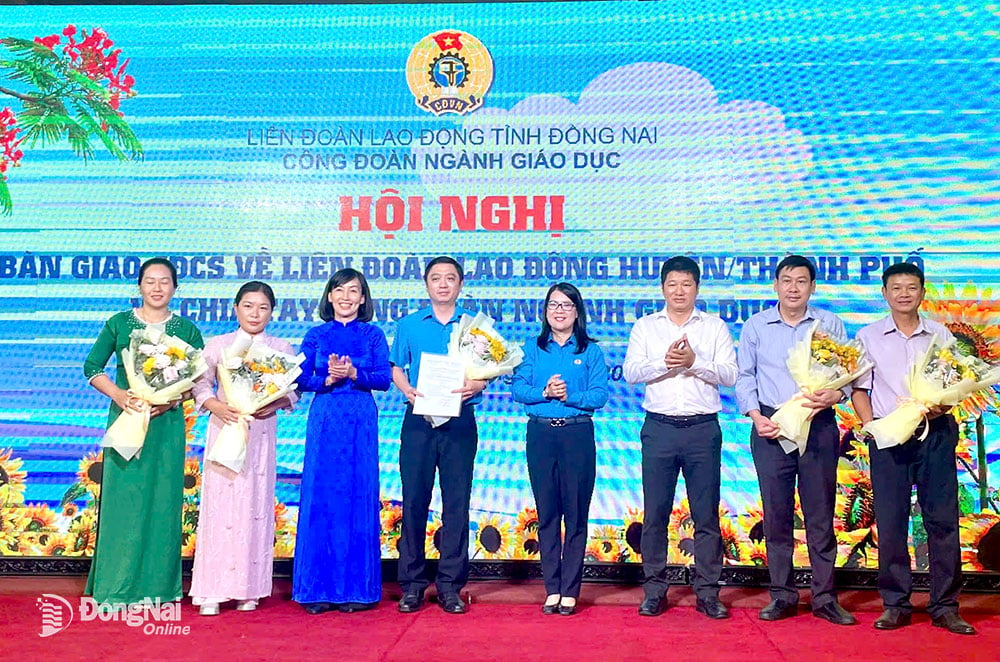











![[REVIEW OCOP] An Lanh Huong Vet Yen Cat](https://vstatic.vietnam.vn/vietnam/resource/IMAGE/2025/3/27/c25032328e9a47be9991d5be7c0cad8c)

Comment (0)